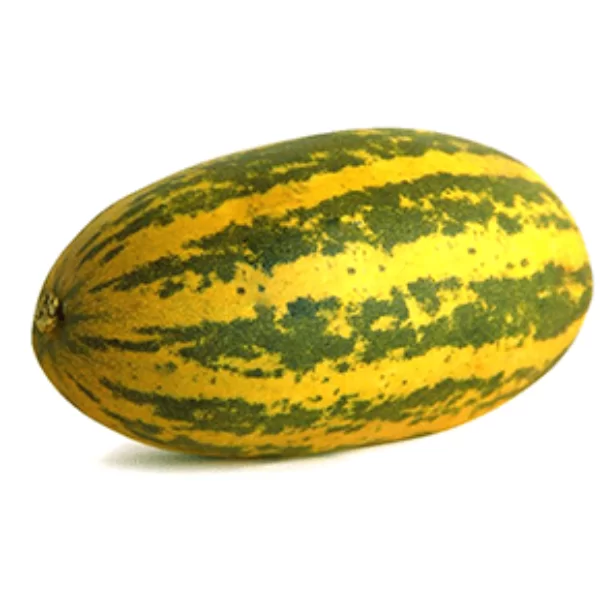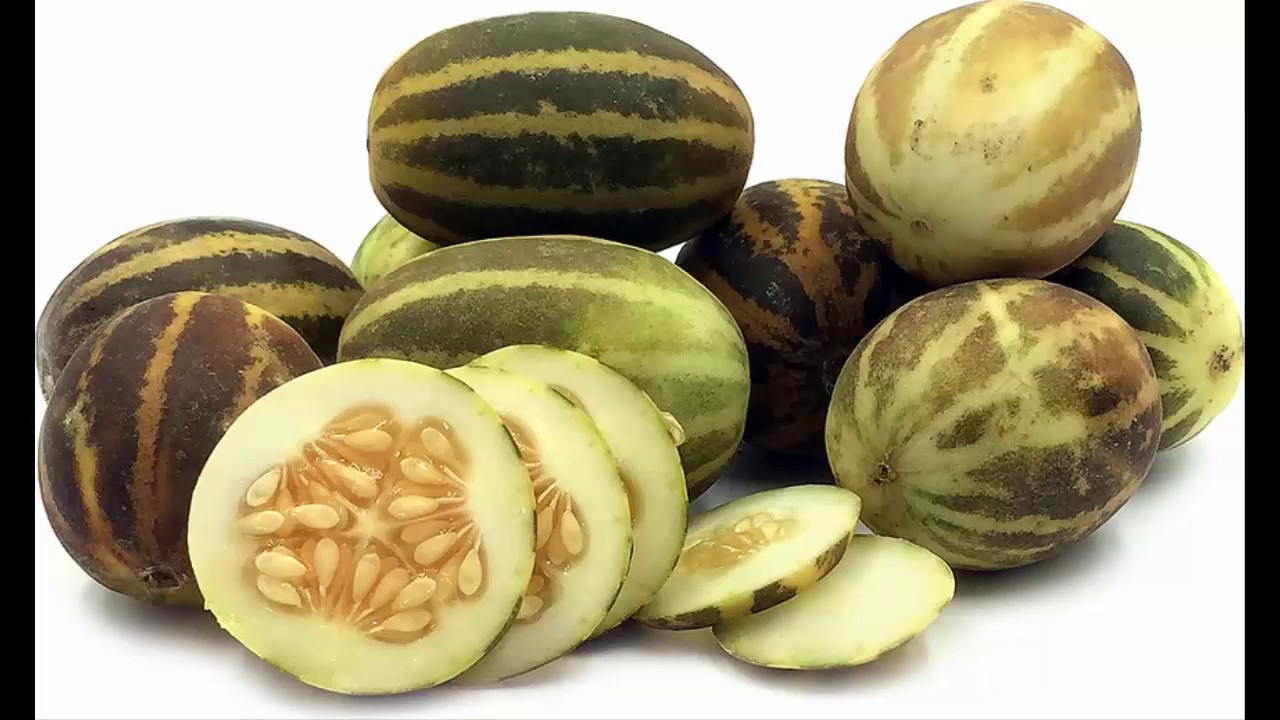Correct meaning and interpretation of mRtyunjaya mantra
170 views
Skip to first unread message
ramchander deekonda
Jun 2, 2021, 11:22:33 AM6/2/21
to भारतीयविद्वत्परिषत्
Respected Scholars,
In these days of global calamity, the above vedic mantra has become very popular among all classes of believers, some knowing the meaning and a great majority without it. There is a variety of meanings/interpretations available with very fine and in some cases very contrary purports.
In view of this, with I all humility, I request the scholars to provide the correct literary; and if possible the esoteric meaning of the mantra.
Please provide the other forms of conjugation of the kriya "mukSIya"
Sincerely,
Ramchander Deekonda
ushavishnuvamsi
Jun 3, 2021, 4:13:40 AM6/3/21
to bvparishat
मुक्षीय इति शब्दः छान्दसः। तस्य निष्पत्तिं दर्शयामः। छन्दसि अप्रयुक्तस्य शब्दस्य प्रक्रिया नास्ति । दृष्टस्यैव हि व्याकरणेनानुविधानम् ।
मुच् + लिङ्। मुच् इट्। मुच् सीयुट् इट्। = मुक्षीय । अहं मुच्यते इति लट् । मरणाद् अहं मुक्तो भूयासम् इत्यर्थः । (मा अमृतात् = अमृतात् पृथग्भावो मा भूत् ।)
यथा बन्धनात् उर्वारुक॔ मुक्तं भवति तथा ।
विष्णुनम्पूतिरिः।।
--
You received this message because you are subscribed to the Google Groups "भारतीयविद्वत्परिषत्" group.
To unsubscribe from this group and stop receiving emails from it, send an email to bvparishat+...@googlegroups.com.
To view this discussion on the web visit https://groups.google.com/d/msgid/bvparishat/9baeb9dc-bb1d-49a4-adf2-24b1aafc35f5n%40googlegroups.com.
ushavishnuvamsi
Jun 3, 2021, 4:14:47 AM6/3/21
to bvparishat
लिङ् = इट् = अ । इटोत् ।।
ushavishnuvamsi
Jun 3, 2021, 4:19:47 AM6/3/21
to bvparishat
अहं मुच्ये। मुक्षीष्ट मुक्षीयास्तां मुक्षीरन्
मुक्षीष्ठाः मुक्षीयास्थाम् मुक्षीध्वम्
मुक्षीय मुक्षीवहि मुक्षीमहि।
इति लोकेप्येवमेव ।।
Ashutosh Gupta
Jun 3, 2021, 5:33:45 AM6/3/21
to bvpar...@googlegroups.com
ushavishnuvamsi
Jun 3, 2021, 8:51:14 AM6/3/21
to bvparishat
स्वामिपादैरुक्तोर्थस्तु मन्त्रान्न वाक्यान्वयमर्यादालभ्यः । कश्चित्तत्वदर्शिसम्मत इत्येव । उपमानोपमेयभावो न तद्रीत्या प्रकृते सुघटः।
To view this discussion on the web visit https://groups.google.com/d/msgid/bvparishat/CA%2BBtYxuLWYO3mBPwos6sJQLCqz9h3wZkfQOjYJ4x4u7fwXrj6A%40mail.gmail.com.
ramchander deekonda
Jun 4, 2021, 3:52:04 AM6/4/21
to भारतीयविद्वत्परिषत्
I thank Shriman Vishnu Namboodiri for the scholarly explanation provided by him. I also thank Shriman AB for the video of Swamy Chinmayananda ji.
In this connection as a non-specialist learner, I, now understand the literal meaning of the mantra, in the light of the meanings provided as:
"I worship Siva, who has three eyes, and who is fragrance and who is the nourisher. Just as a (ripe) cucumber gets released from its stalk, may I get freedom from death - not from deathlessness."
As Swami Chinmayananda ji explained, cucumber never ever gets separated from its stalk, even when fully ripe, until it is cut by external agency, the farmer. Thus, the "saadhaka" is desiring to enjoy full life until he is released from the body (by the Siva). In other words, he does not want to die unripe, premature or untimely. And, after his release from the material body, he wants to join the realm of death deathlessness.
Please correct me if found wrong.
Sincerely,
Ramchander Deekonda
Subramanian C / Subbu's corner
Jun 4, 2021, 10:01:20 AM6/4/21
to भारतीयविद्वत्परिषत्
Below is the interpretation Sayanacharya gives to this mantra which comes in the 7th Mandala of Rg Veda
Interestingly, he has also interpreted Tryambakam as Parabrahmam and not just Rudra


Regards,
Subramanian Chidambaran
Subramanian Chidambaran
To view this discussion on the web visit https://groups.google.com/d/msgid/bvparishat/d8937f23-4e91-4d6f-abfa-da1c5bff5799n%40googlegroups.com.
Ashish Sharma
Jun 4, 2021, 11:38:01 PM6/4/21
to bvpar...@googlegroups.com
Dear All
After reading the explanations given by all experts, I'm sharing one of my experience related to this mantra.
I have noticed specially in North India that when a person is critically I'll and chances of survival is very tough, family usually try to go for chanting of maha mrityunjay mantra through pundits. Usually, I noticed that person is unable to survive and leave the body.
However, when I discussed this in south India, there they shared that usually they prescribe this mantra much before the native is severely sick and most of the times, native comes out from any risk.
May be you have other experience. Hence, if you have any other input to give then please share.
Regards
ashish sharma
To view this discussion on the web visit https://groups.google.com/d/msgid/bvparishat/CAFQmgdQFDs_iw5hp0b2OQO5qyLHkY3J1oBiWA2KjaEAUJSGNPQ%40mail.gmail.com.
venkat veeraraghavan
Jun 5, 2021, 2:33:34 AM6/5/21
to भारतीयविद्वत्परिषत्
Ashish ji
You make a good point but there is something else at work here.
Parashara smrti says in kali yuga it is best for the yajamana himself to do the japa if he is adhikari. If the son can do it is better. Next is someone who has genuine affection for the yajamana.
Doing through the medium of others is last option at best.
Now the actual effectiveness of the mantra is a direct function of yama niyama and tapasshakti.....and the power of prarabdha.
A varuna japa in Tamilnadu did not have effect because the ppl who did mantra karma ate food with salt. Salt is nishedha for this kAmyakarma.
So as you see there are many variables in this equation.
V
To view this discussion on the web visit https://groups.google.com/d/msgid/bvparishat/CAA2tTo4q%3DM5LjUgRz5tjQ8kuyAQBDoxiB7R5KrQX%2B_Gx%3DdEN9A%40mail.gmail.com.
ramchander deekonda
Jun 5, 2021, 4:39:04 AM6/5/21
to भारतीयविद्वत्परिषत्
Respected scholars,
From the interpretation of Sayanacharya, provided by Vidvan Subramania Chidambaran, it is clear that the fruit, cucumber, (urvArukam) falls on its own when ripe - स्वयमेव मुच्यन्ते
; whereas Swami Chinmayananda emphatically declares that cucumber is the only fruit that never falls pff or separates from the stalk on its own even when fully ripe; and it needs to be cut with a knife. It is really confusing. I am neither a horticulturist, nor I have any experience of growing cucumbers. Will anybody please bring a reconciliation between these two empirical observations.
Regards,
Ramchander Deekonda
Ramaratnam S.
Jun 5, 2021, 4:48:05 AM6/5/21
to bvpar...@googlegroups.com
As far as I understand, urvarukam is not a cucumber but a kind of pumpkin called 'suraikkay' in Tamil. Generally it spreads on earth. When ripe it neither falls nor is it cut. It separates from the plant without causing any harm to both itself and to the mother plant. By the grace of the Lord, a devotee gets separated from the bondages easily, effortlessly, without any pain or suffering. This could be the meaning.
Ramaratnam
To view this discussion on the web visit https://groups.google.com/d/msgid/bvparishat/0502379a-9253-48d4-8ee0-1ead82e30a25n%40googlegroups.com.
Shashi Joshi
Jun 5, 2021, 5:50:15 AM6/5/21
to bvpar...@googlegroups.com
Sayana says urvArukam = karkaTiphalam = kakaDi in Hindi.



Thanks,
~ Shashi
There are varieties of Indian traditional kakadi (before english cucumber came to market)
Below are some pics that I can recognise from my grandparent's farm I would visit in summer vacations.
These karkaTi, when on the vine, and not yet ripe, are very difficult to pull off the vine. You can pull and pull as much as you want, and it won't come off. You need a knife.
But when it is ripe, a flick of the finger on the stalk separates it from the vine. Effortless.
I can vouch for these as personal experience.
In my opinion/understanding - The mantra prays to the shiva, the auspicious, the one unseen but spread/felt like the fragrance (fragrance from a single source is felt all over in the room), the nourisher, may he make my separation as painless as that of a karkaTi/urvArukam (when ripe, so may I also a ripe life and painless death), but no separate from deathlessness.
Also, since every mortal body must perish in its form, I think the meaning/prayer/wish here is to conquer the fear of death, not mortal death itself. It is the fear of death that is painful.



To view this discussion on the web visit https://groups.google.com/d/msgid/bvparishat/0502379a-9253-48d4-8ee0-1ead82e30a25n%40googlegroups.com.
ushavishnuvamsi
Jun 5, 2021, 7:49:45 AM6/5/21
to bvparishat
उर्वारुकम् = उरु (बहु) + आरुकम् (अरणशीलम्) । प्रायो वल्लीशाकानां वल्लीभिः व्यापकत्वं दृश्यते। किञ्च उर्व्यां व्याप्नोति। एक अभिन्न फले बीजबाहुल्याच्च वर्धनम्। उपमानोपमेयभावः सहृदयनिर्णेयः आलोचनामृतम्।। विष्णुनम्पूतिरिः।।
To view this discussion on the web visit https://groups.google.com/d/msgid/bvparishat/CANu%2BFoC_a06h2opbCzy45RiKOFox4%3D6OciTwRqbDZjapk9v0YA%40mail.gmail.com.
Reply all
Reply to author
Forward
0 new messages
